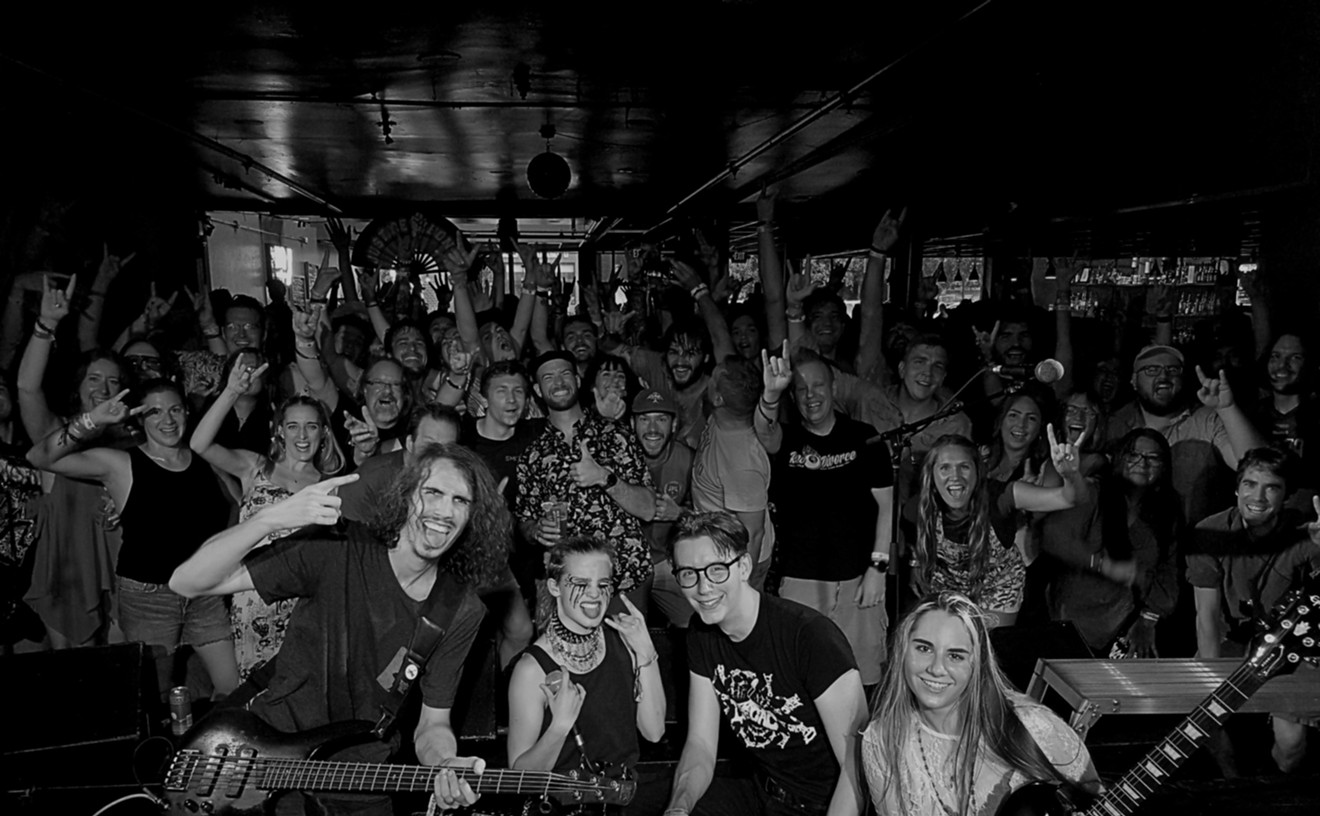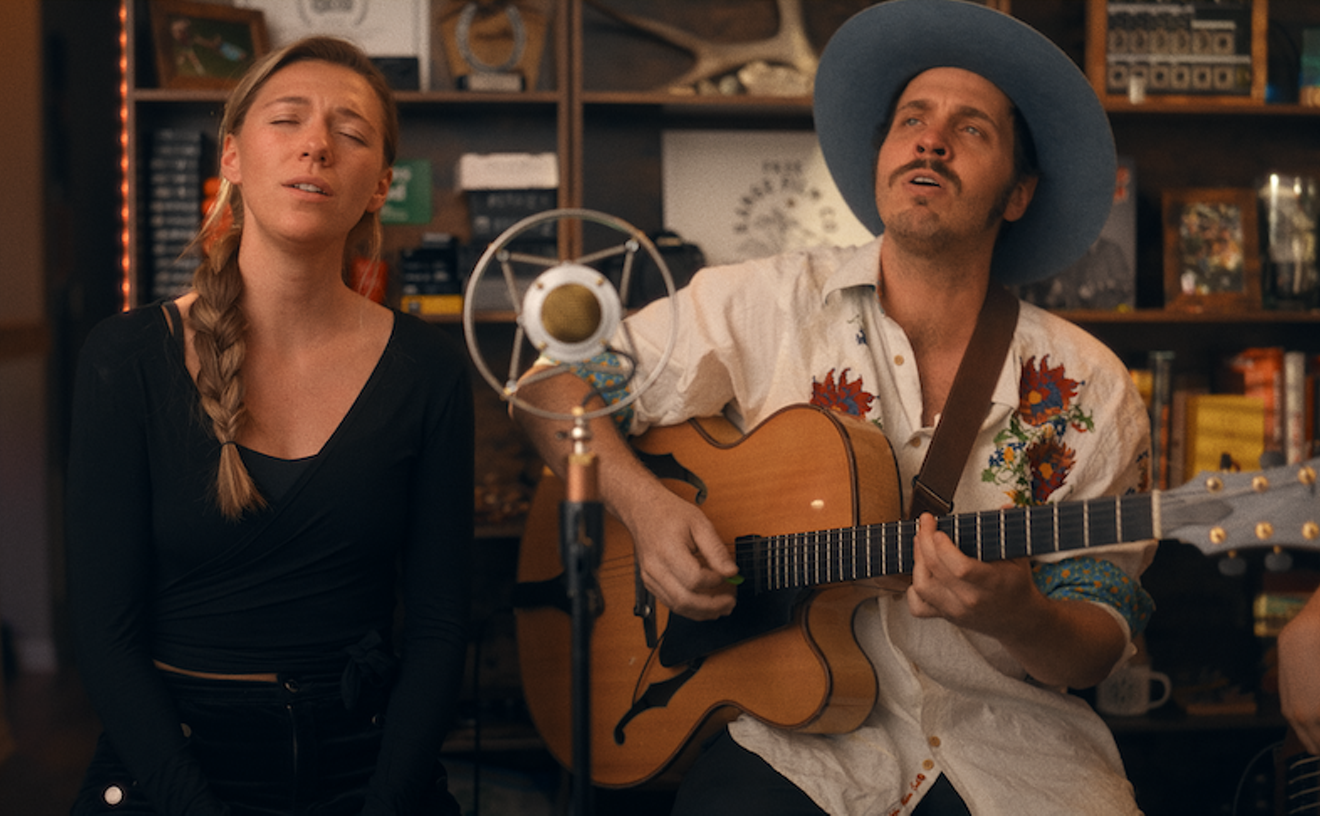Marillion may not be a name familiar to a lot of people who didn't pay attention to progressive rock in the 1980s and 1990s. However, the veteran progressive-rock band pioneered the concept of crowdfunding for tours and albums starting in the late ’90s.
Marillion released its earliest recordings in 1982 long after prog's heyday. From the start, that put the British group out of step with musical trends of the day. Nevertheless, much to the consternation of many music critics of the time, Marillion scored Top 10 hits in the U.K. with the songs “Kayleigh” and “Lavender,” from the 1985 album Misplaced Childhood. Although considered unfashionable by the press, like prog-psych band Hawkwind, Marillion became something of a cult band and was referenced in the “Summer Holiday” episode of popular 1980s BBC comedy The Young Ones, garnering the group a bit of hip cachet. Over the past several years, progressive rock has been enjoying a renaissance since bands like The Mars Volta and Radiohead have given long-format, conceptual musical ideas some newfound respectability with a mass audience — and Marillion has reaped some of the benefits.
With its imaginative songwriting, focus on storytelling and saying something beyond the cliché of prog bands singing about fantastical creatures and science-fiction conceits, Marillion brought a theatrical and thoughtful sensibility to its live shows. But that aesthetic continued to decrease in popularity through the late ’80s and ’90s. Progressive rock was not part of the zeitgeist, yet Marillion continued to write and release albums. After being dropped by EMI in 1995 following the release of that year's Afraid of Sunlight, Marillion continued to release albums through indie labels until the late ’90s, when none of the offers available seemed palatable. Marillion then turned to an unorthodox idea to find a solution and move forward.
“It was 1997, in the fairly early days of the Internet,” says keyboardist Mark Kelly. “The Marillion mailing list had about a thousand people, and I [told people] that we didn't have a record contract and it cost a lot of money to go the States. Back then we had some fans who were keen for us to come, and we said we would lose about $60,000 if we came to the States to tour. They said, 'Why don't we raise the money?' Then it got organized, and a guy I knew named Jeff Woods from North Carolina said he had a bank account and that we could put the money in escrow and if we raised enough money, we could tour. And if not, we could give the money back to everybody. Within a few week,s there was about $20,000 in this bank account. I hadn't mentioned it to the rest of the band, and I had to go [explain the situation]. That was the beginning of crowdfunding for us — and for every band, really.”
When it came time for the recording and release of the followup to the 1999 marillion.com record, Kelly and the band realized that one of the things that had never worked for the band was being on the treadmill of the label cycle — recording and releasing albums against the organic nature of creativity. Marillion simply didn't want yet another standard record deal. “That's when I thought of the idea of asking the fans, just as had happened a few years previously," Kelly says. "Quite a few people copied what we did, and Kickstarter came along, and it sort of came full circle with Pledge Music that just does music crowdfunding. They told us that they took our idea and turned it into a company, and they said they wanted to work with us, which is how we did this new album, [Fuck Everyone and Run] — with Pledge.”
“Because of the crowdfunding approach, we've been able to spend some time, and hopefully people can see the results,” Kelly continues. “We didn't spend a long time recording. We're not like Pink Floyd or Fleetwood Mac, where you spend two years in the studio; we spent two years coming up with ideas. We had hundreds of ideas, and we chose the best of them. The more ideas you have, the better the album's going to be. I suppose we set ourselves a high bar in terms of what we're willing to accept these days. We've not got many records left in us. I'm the youngest member of the band at 55, and if we take two or three years to make a record, then we have a handful left at the most. We want to get as good as it can be, which is the task we've set for ourselves.”
Marillion, with John Wesley, Tuesday, October 25, 8 p.m., Paramount Theatre, 303-623-0106; tickets start at $39.50.
[
{
"name": "Air - MediumRectangle - Inline Content - Mobile Display Size",
"component": "12017618",
"insertPoint": "2",
"requiredCountToDisplay": "2",
"watchElement": ".fdn-content-body",
"astAdList": [
{
"adType": "rectangle",
"displayTargets": "mobile"
}
]
},{
"name": "Editor Picks",
"component": "17242653",
"insertPoint": "4",
"requiredCountToDisplay": "1",
"watchElement": ".fdn-content-body",
"astAdList": [
{
"adType": "rectangle",
"displayTargets": "desktop|tablet"
},{
"adType": "rectangle",
"displayTargets": "desktop|tablet|mobile"
}
]
},{
"name": "Inline Links",
"component": "18838239",
"insertPoint": "8th",
"startingPoint": 8,
"requiredCountToDisplay": "7",
"maxInsertions": 25
},{
"name": "Air - MediumRectangle - Combo - Inline Content",
"component": "17261320",
"insertPoint": "8th",
"startingPoint": 8,
"requiredCountToDisplay": "7",
"maxInsertions": 25,
"watchElement": ".fdn-content-body",
"astAdList": [
{
"adType": "rectangle",
"displayTargets": "desktop|tablet"
},{
"adType": "rectangle",
"displayTargets": "desktop|tablet|mobile"
}
]
},{
"name": "Inline Links",
"component": "18838239",
"insertPoint": "8th",
"startingPoint": 12,
"requiredCountToDisplay": "11",
"maxInsertions": 25
},{
"name": "Air - Leaderboard Tower - Combo - Inline Content",
"component": "17261321",
"insertPoint": "8th",
"startingPoint": 12,
"requiredCountToDisplay": "11",
"maxInsertions": 25,
"watchElement": ".fdn-content-body",
"astAdList": [
{
"adType": "leaderboardInlineContent",
"displayTargets": "desktop|tablet"
},{
"adType": "tower",
"displayTargets": "mobile"
}
]
}
]











